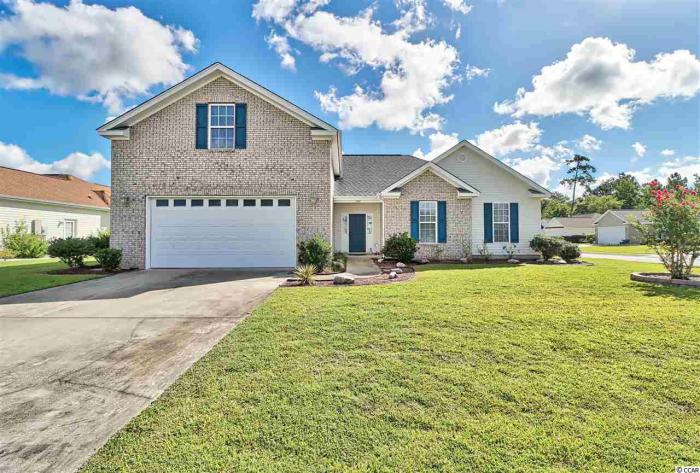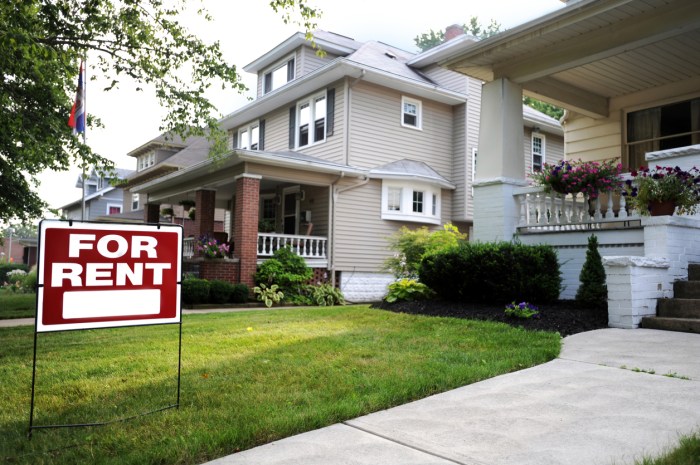Rent a House Near Me Finding Your Perfect Home
Understanding the “Rent a House Near Me” Search
The search query “rent a house near me” reveals a user’s immediate need for housing within a geographically proximate area. This seemingly simple phrase masks a variety of underlying motivations and circumstances, impacting the type of results they seek and the decision-making process they undertake.
Motivations Behind the Search
Several factors drive individuals to search for rental houses in their vicinity. These include urgent housing needs due to unforeseen circumstances (e.g., job relocation, lease termination), planned long-term rentals, a desire to relocate to a specific neighborhood based on personal preferences (schools, amenities, community), or a combination of these factors.
Geographic Scope of “Near Me”
The term “near me” is inherently subjective and depends on individual circumstances and technological capabilities. For someone in a rural area, “near me” might encompass a wider radius than for someone in a densely populated city. Factors such as commute times, access to public transportation, and personal preferences regarding proximity to work, family, or amenities influence the perceived geographic scope.
User Demographics and Needs
The demographic using this search phrase is diverse. Young professionals might prioritize proximity to their workplace and vibrant social scenes, while families with children might focus on school districts and family-friendly neighborhoods. Retired individuals may seek quieter, more amenity-rich communities. Each demographic has unique needs and priorities that shape their rental house search.
Analyzing Search Results
The results for “rent a house near me” vary across different platforms, offering users diverse information and experiences. Understanding these differences is crucial for effective house hunting.
Types of Search Results and Comparison
Users will encounter a range of results, including dedicated listing sites (Zillow, Trulia), real estate agent websites, and even social media posts from individual landlords or property management companies. Listing sites typically provide comprehensive details, including photos, maps, and property descriptions. Real estate agent websites often highlight agent expertise and curated listings. Social media posts may offer more informal information but potentially lack detailed property information or professional oversight.
Comparison Table of Search Results Platforms

Source: bfmilitary.com
| Platform | Information Provided | User Experience Rating (1-5) | Responsive Design Notes |
|---|---|---|---|
| Zillow | Photos, maps, property details, price, agent contact information | 4 | Excellent mobile responsiveness; easy navigation. |
| Trulia | Similar to Zillow, often with neighborhood data and school ratings | 4 | Good mobile responsiveness; intuitive interface. |
| Local Real Estate Agent Website | Curated listings, agent contact, personalized service | 3 | Responsiveness varies widely depending on the agent’s website. |
| Facebook Marketplace | Photos, basic description, price, direct contact with landlord | 2 | Mobile-first design, but information consistency can be lacking. |
Factors Influencing Rental House Selection: Rent A House Near Me
Choosing a rental house involves weighing several crucial factors. A successful search balances individual priorities and available options.
Key Selection Criteria and Hypothetical Scenario, Rent a house near me
Key factors include price (budget), location (commute, amenities), property size and features (bedrooms, bathrooms, parking), neighborhood safety, and overall property condition. Consider a hypothetical scenario: a young professional couple might prioritize a central location with easy access to public transport and a vibrant social scene, even if it means compromising on space or paying a higher rent. A family with children might prioritize a safe neighborhood with good schools, potentially accepting a longer commute or a slightly smaller house.
Questions for Landlords/Property Managers
- What is included in the monthly rent (utilities, maintenance)?
- What is the lease term and renewal process?
- Are pets allowed? What are the pet policies?
- What is the process for reporting maintenance issues?
- What are the rules regarding guests and parking?
Visual Representation of Rental Listings
Visual elements significantly impact user engagement and decision-making in online rental searches. High-quality visuals and effective presentation are key to attracting potential renters.
Effective Use of Visual Elements
High-resolution photos showcasing the property’s best features (e.g., spacious living room, updated kitchen, private backyard) are essential. Interactive maps clearly showing the property’s location relative to key points of interest (work, schools, shops) enhance user understanding. Virtual tours provide an immersive experience, allowing potential renters to explore the property remotely. A well-structured layout with clear headings, concise descriptions, and easy-to-read text improves usability.
Example of a Visually Appealing Listing
Imagine a listing featuring a captivating hero image of a sunlit living room, followed by a gallery of high-quality photos showcasing each room. A detailed floor plan provides a clear understanding of the space. An interactive map highlights the property’s proximity to a nearby park and public transportation. Concise, informative descriptions of each room and its features (e.g., “Gourmet kitchen with stainless steel appliances,” “Spacious master bedroom with ensuite bathroom”) enhance engagement.
A virtual tour allows potential renters to explore the property at their own pace, further solidifying their interest.
Legal and Practical Considerations

Source: landlordgurus.com
Renting a house involves several legal and practical steps, from initial property search to lease signing and beyond. Understanding these processes and potential legal issues is crucial for renters.
Steps in Renting a House and Lease Agreement Clauses
The process typically involves searching for properties, viewing potential rentals, completing applications, undergoing background checks and credit checks, negotiating lease terms, signing the lease agreement, and paying security deposits and first month’s rent. Common lease clauses include rent amount, lease term, payment schedule, responsibilities for repairs and maintenance, pet policies, and eviction procedures. Renters should carefully review these clauses before signing the lease.
Potential Legal Issues and Resources
Potential legal issues include disputes over security deposits, lease violations, landlord negligence, and unlawful evictions. Renters should be aware of their rights and responsibilities under local and state laws. Resources such as tenant rights organizations, legal aid societies, and fair housing agencies can provide assistance in resolving disputes and navigating legal complexities.
Essential Questionnaire
What is a security deposit and how does it work?
A security deposit is a sum of money paid upfront to protect the landlord against potential damages to the property during your tenancy. It’s typically returned at the end of the lease, minus any deductions for damages beyond normal wear and tear.
What are my rights as a renter?
Renter’s rights vary by location, but generally include protections against illegal eviction, unfair rent increases, and discrimination. Consult your local tenant laws or a legal professional for specific details.
How can I find a reliable landlord or property management company?
Check online reviews, request references from previous tenants, and thoroughly review the lease agreement before signing. Consider using reputable rental listing sites that screen landlords.
What should I do if I have a dispute with my landlord?
Attempt to resolve the issue amicably first. If this fails, consider mediation or seek legal advice to understand your options and protect your rights.















